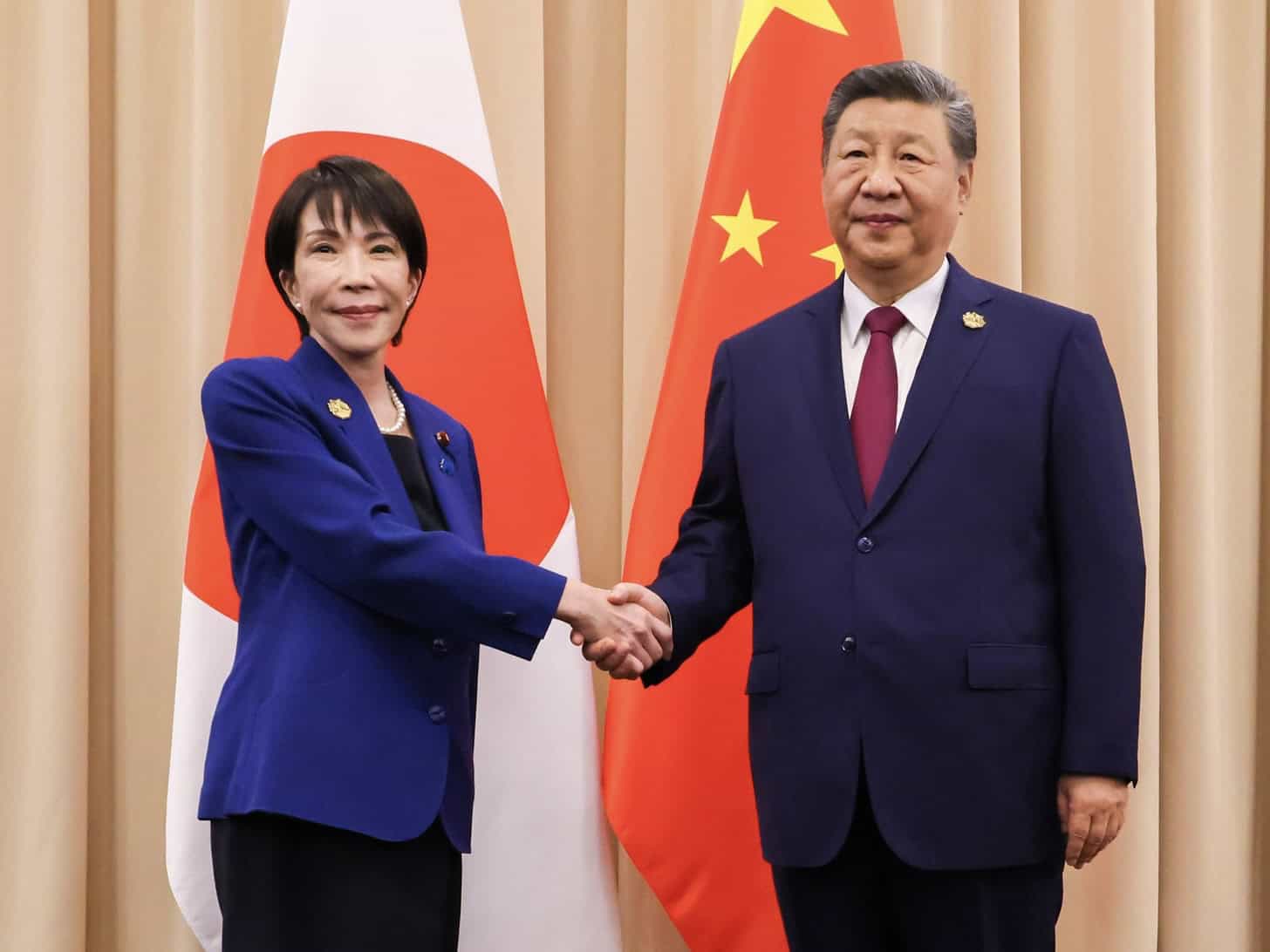C. Fred Bergsten has for decades been one of the most influential economists in the U.S., having served under several presidents and having founded, in 1981, the Peterson Institute for International Economics. Among his official roles, he was assistant secretary for international affairs for the Treasury during the Carter administration and assistant for international economic affairs to Henry Kissinger at the National Security Council. He remains a senior non-resident fellow and director emerit
Stay ahead of U.S. export rules.
- Full coverage of Entity, MEU, and SDN lists
- Automatic ownership + control risk flags
- Enhanced due diligence on Chinese companies



